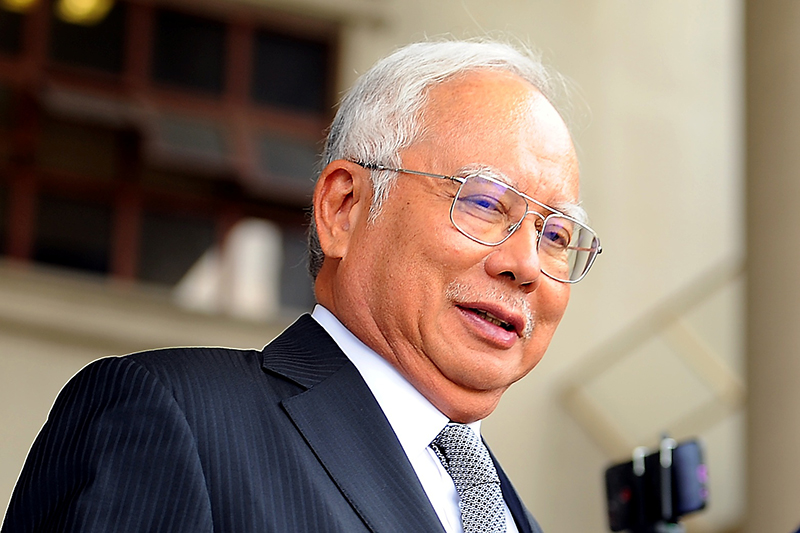When the Prime Minister, Datuk Seri Najib Razak, this week announced the latest major political reform to his vision of a 21st century Malaysia, there was naturally the usual Opposition bleating.
The usual suspects decried the move as purely cosmetic, not daring to look beneath the surface at what the National Harmony Act would actually mean for Malaysians. Perhaps they were afraid that they would find their preconceived resentment misplaced?
But what about the rakyat? What about the people of Malaysia who would be the most affected by Najib’s implementation of reforms? After all, this has been the most seismic 12 months of Malaysia’s political and social history since independence.
Unsurprisingly, for ordinary Malaysians, it is being heralded as a welcome shift.
Since Najib took to the podium on Wednesday, civil groups across the country along with various professional bodies representing the rakyat have come out in support of it.
The Human Rights Commission of Malaysia, Suhakam, was optimistic about what the move meant for the country.
“The Commission looks forward to engaging with the Attorney- General’s Chambers and other stakeholders in the drafting of the new law,” chairman Tan Sri Hasmy Agam said in a statement which welcomed the proposal.
“[We are keen] to address particular concerns and to ensure that the provisions provided under it are consistent with universally accepted principles, thus promoting and protecting human rights in the country.”
Suara Rakyat Malaysia (Suaram) chairman K. Arumugam also stressed that the National Harmony Act could represent a pivotal shift in Malaysia’s history if the Government deliver as promised.
“If it will enable public expression and growth of information in the media, then we will welcome such an Act,” he said.
Even the president of the Malaysian Bar, Lim Chee Wee welcomed the assurance form the Prime Minister that the Attorney General would be held accountable to consult and develop the act.
“Basically, we want to create one Malaysia where the principles of human rights are upheld, the individual’s liberty to express opinions openly is welcomed, and the interest of the individuals and the community is balanced,” Najib stressed.
In the last eight months, Najib has replaced the Internal Security Act that allowed for indefinite detention without trial, passed a new act allowing freedom of assembly, and has eased restrictions on the media.
His bold reforms are already transforming Malaysia for the better, in a peaceful and stable manner. The country is now one of the most modern democracies in the region, with our laws better reflecting the reality of the 21st century.

